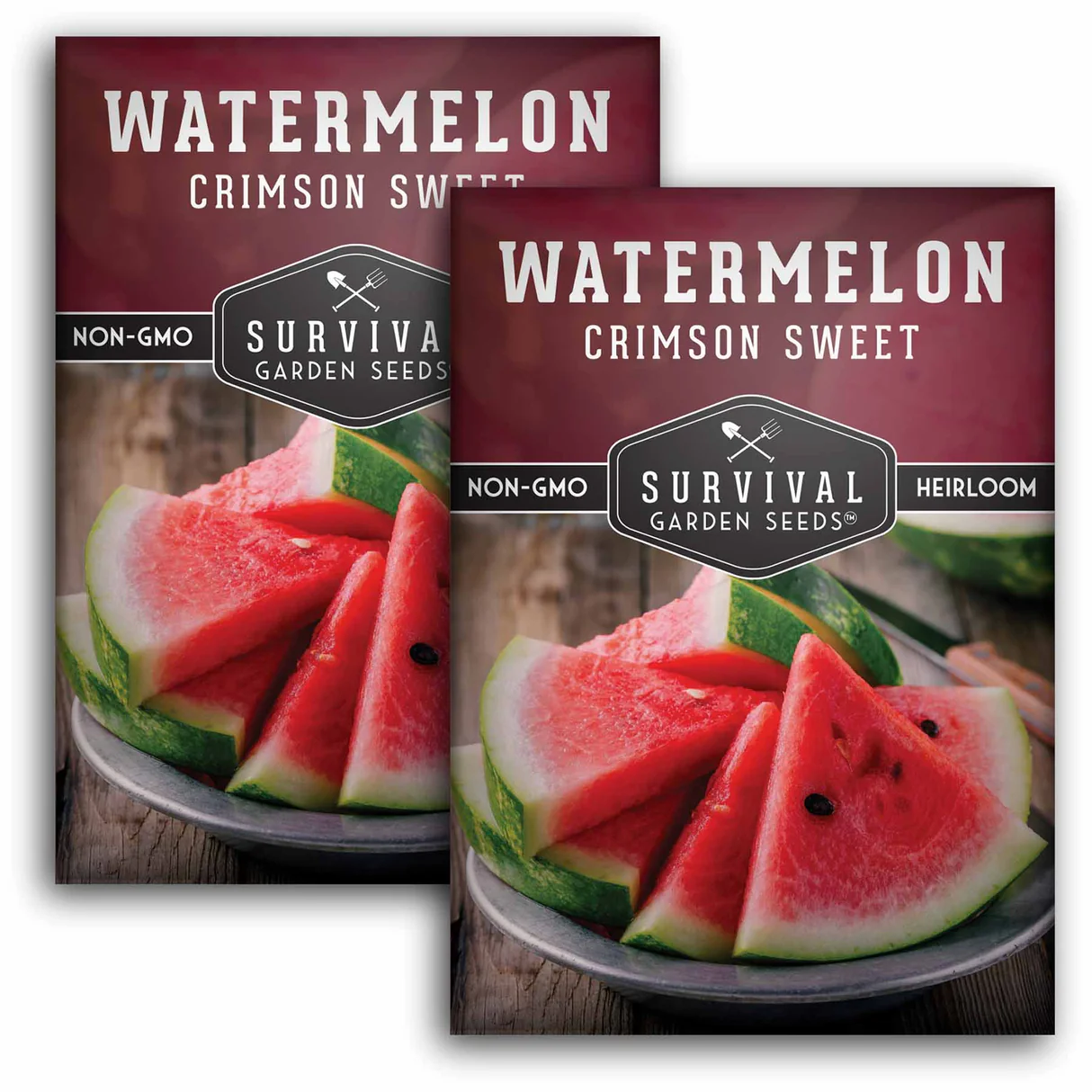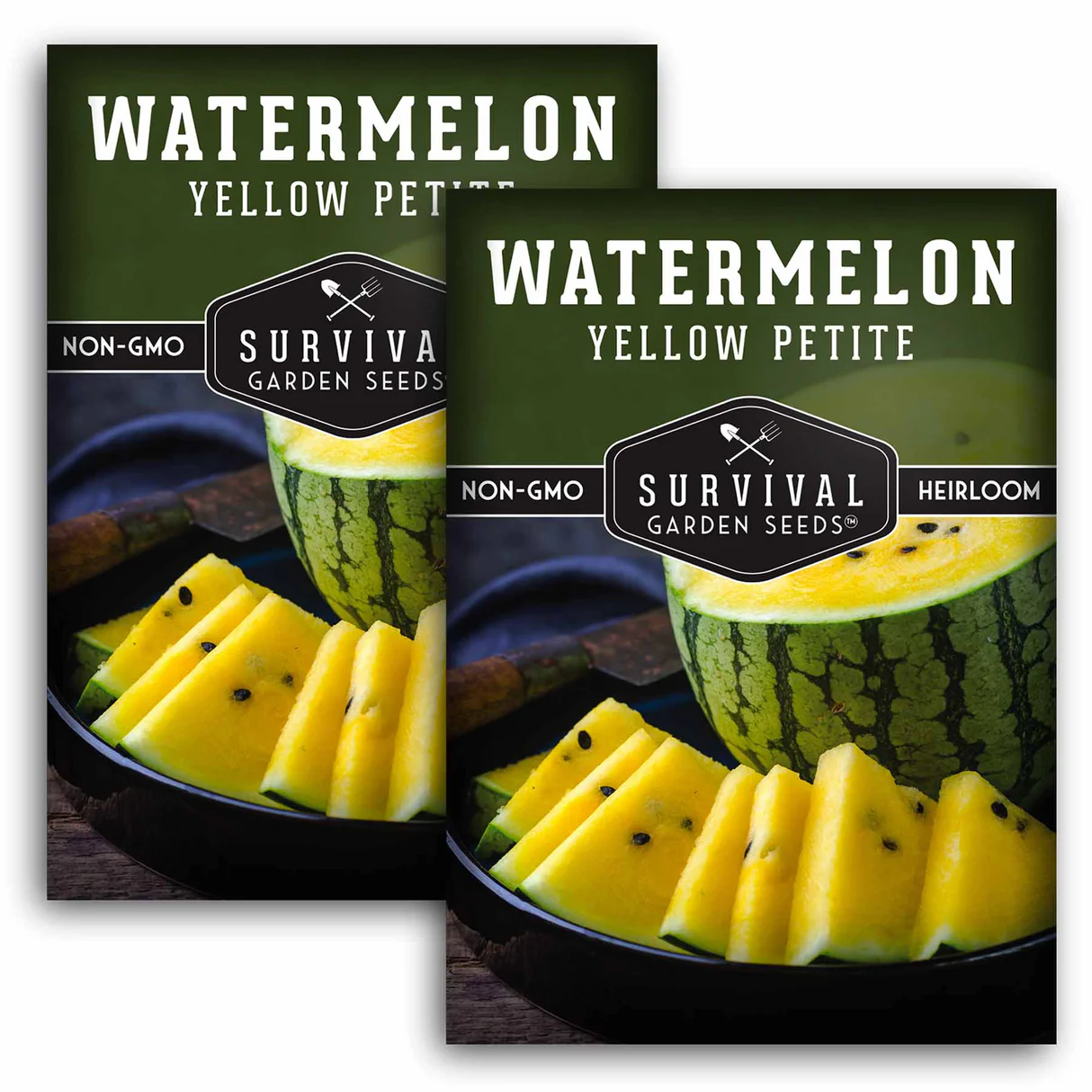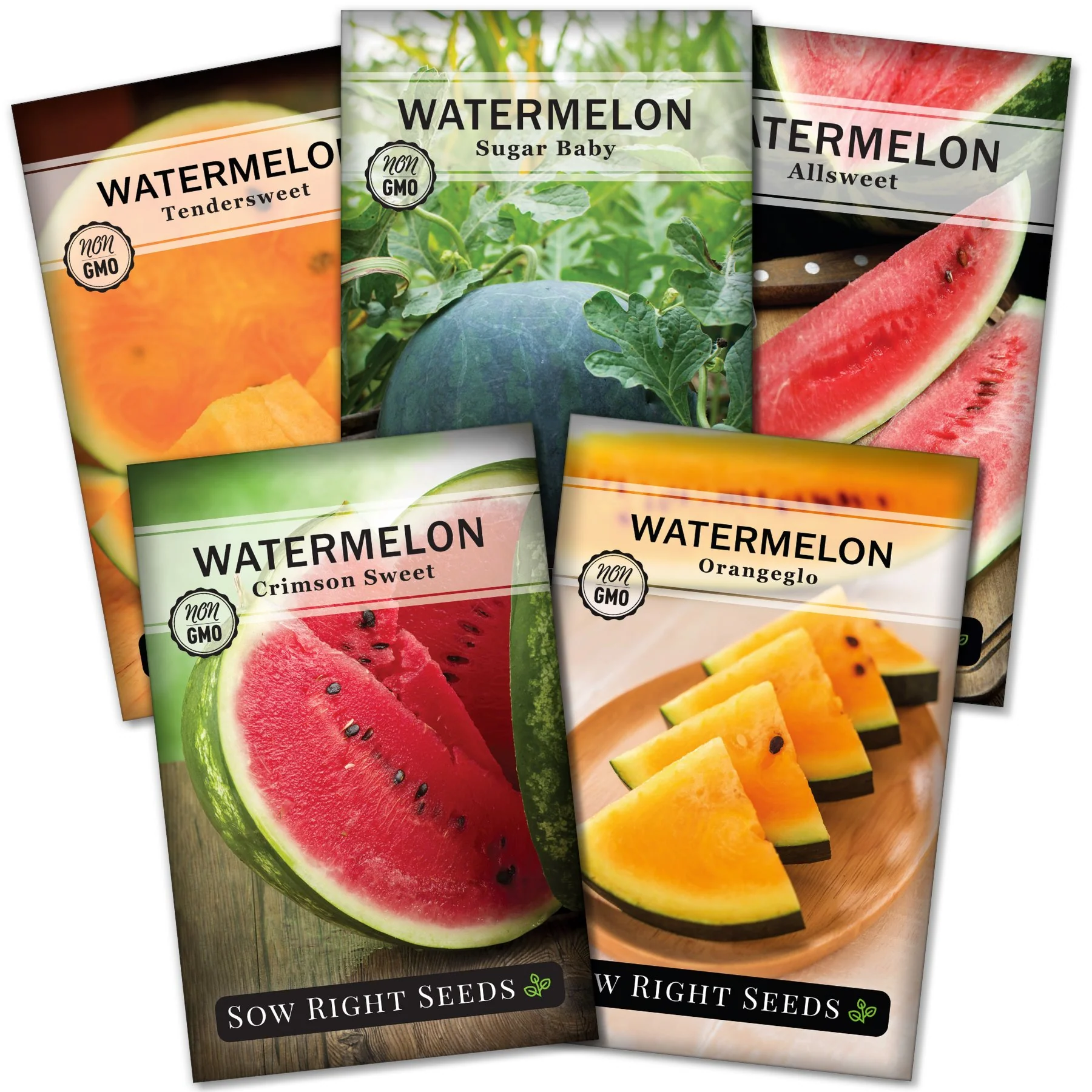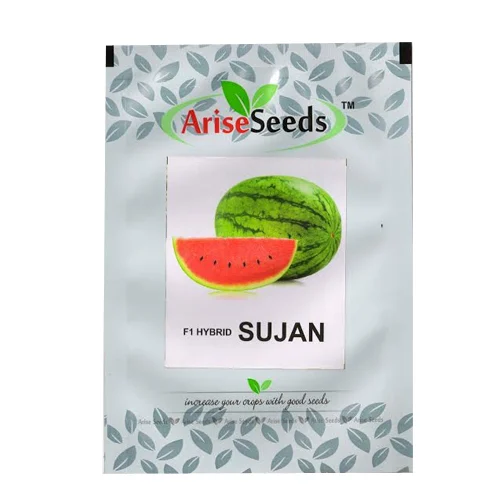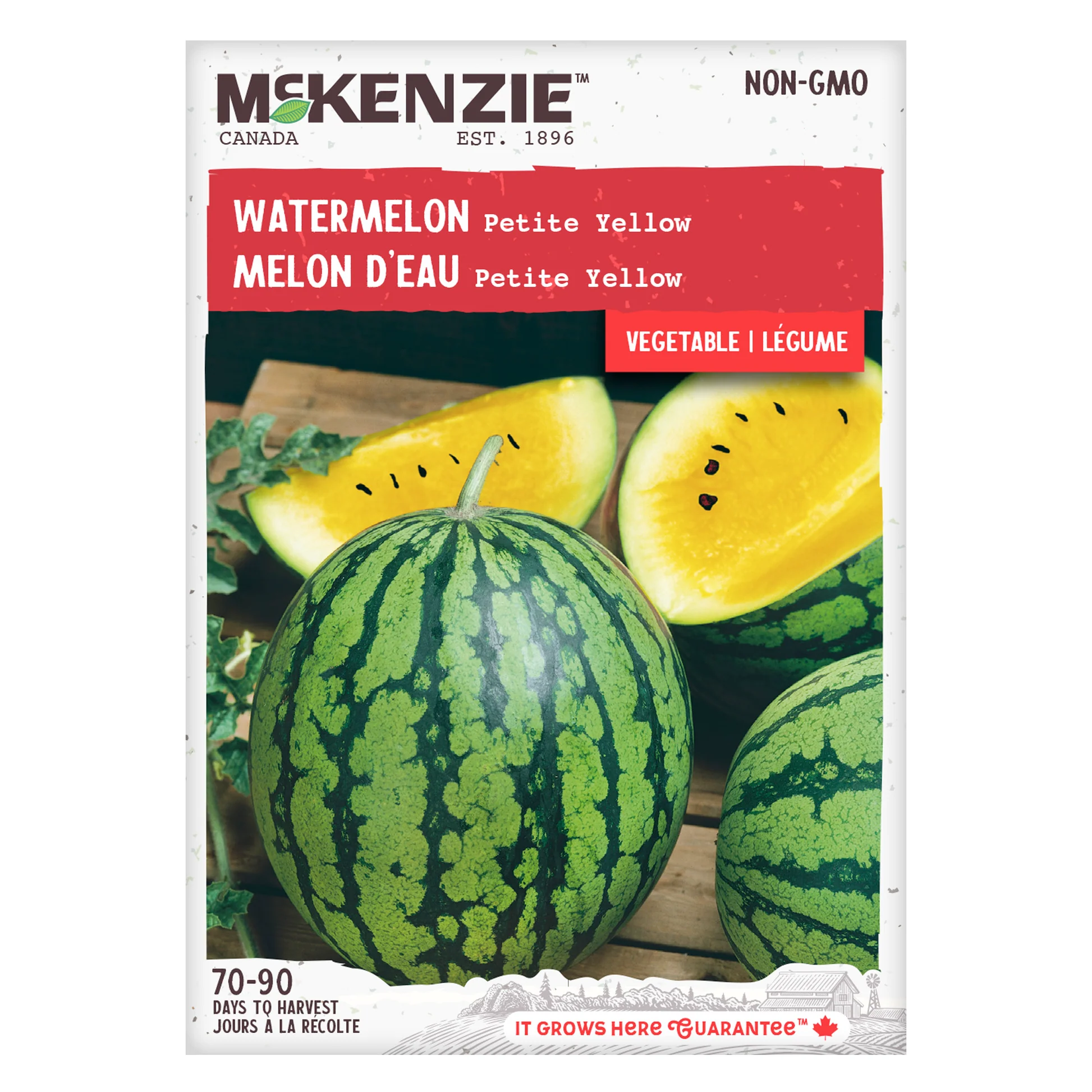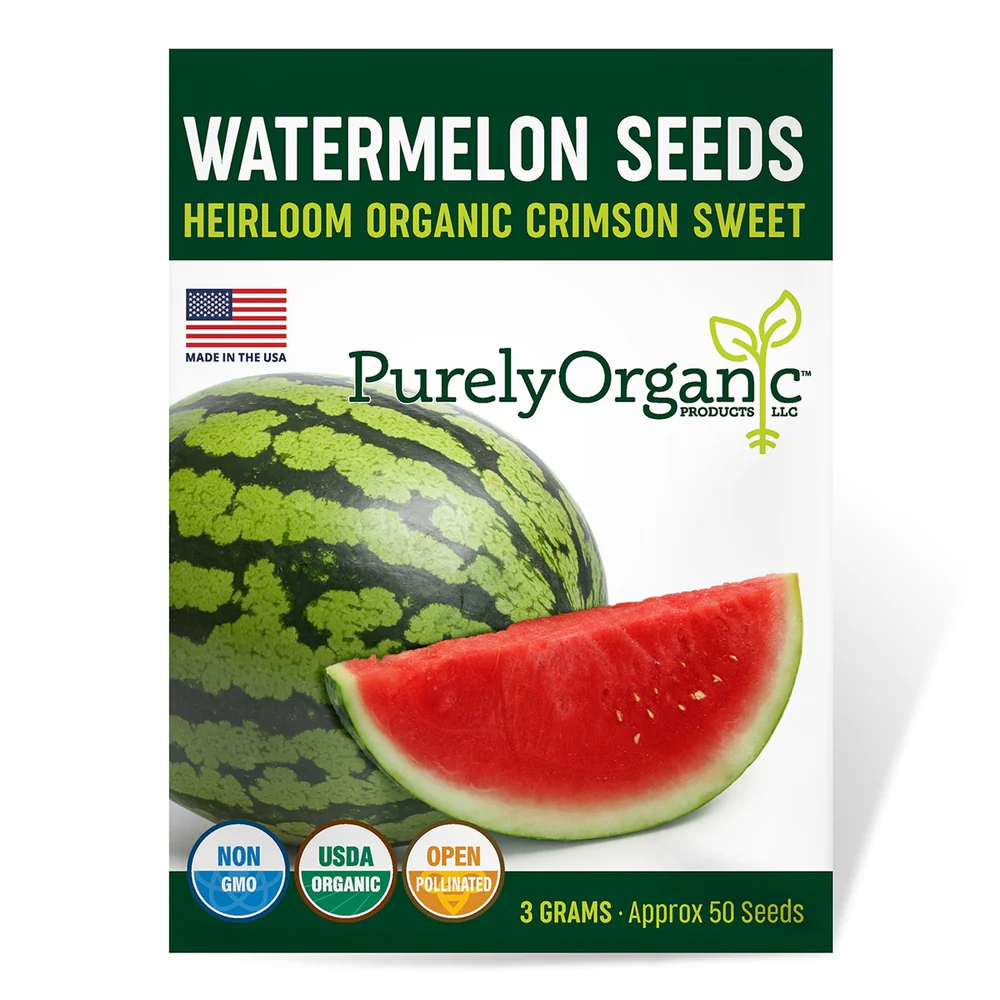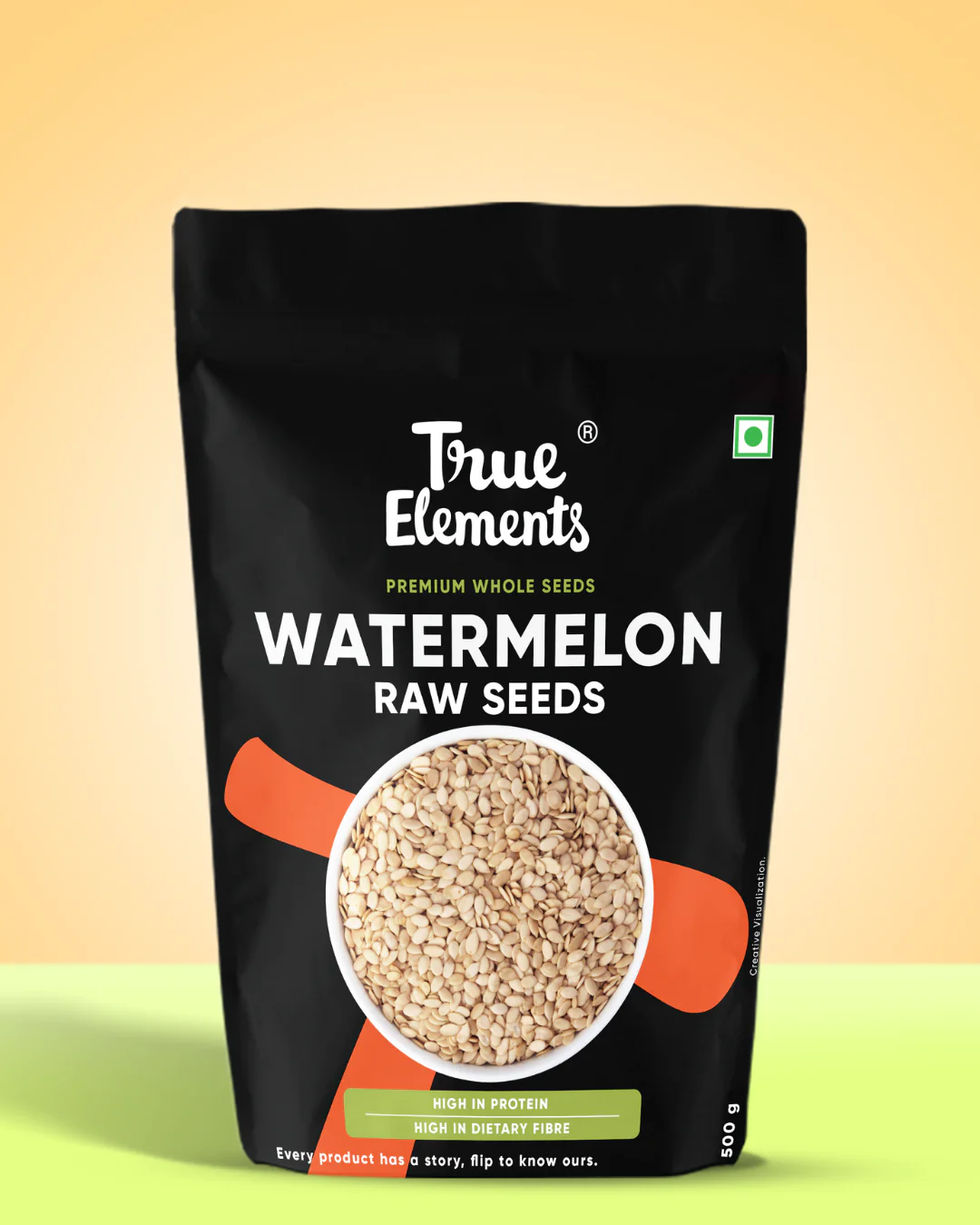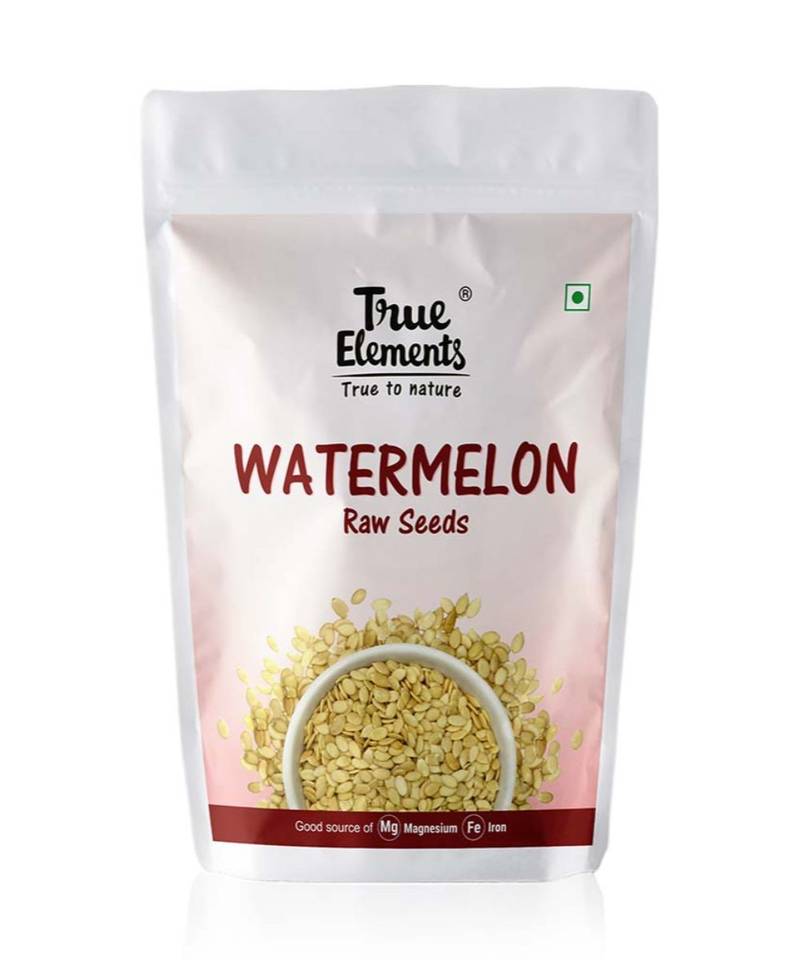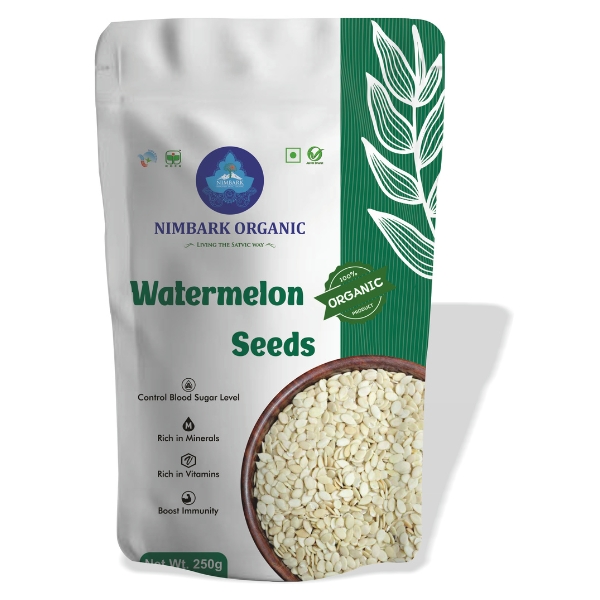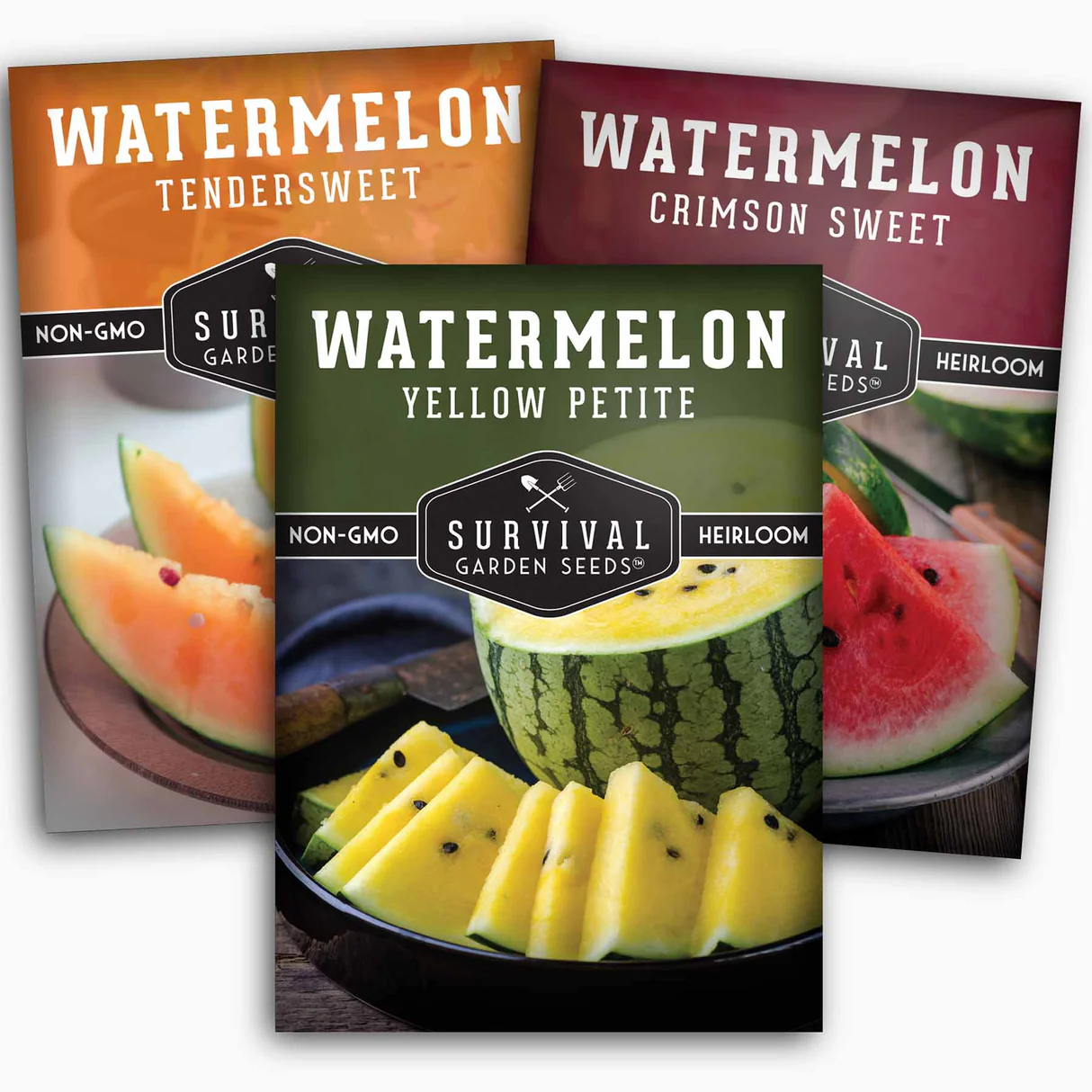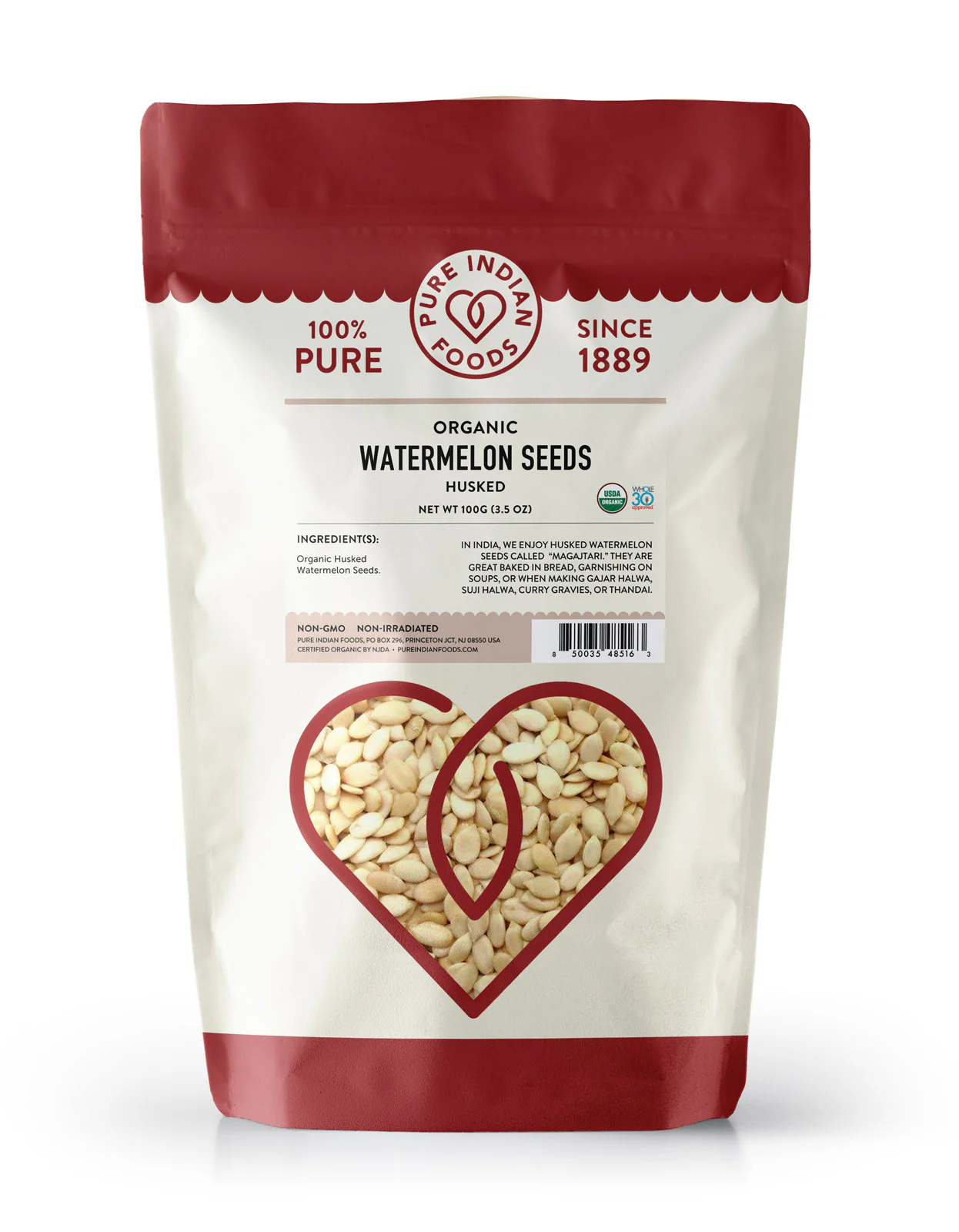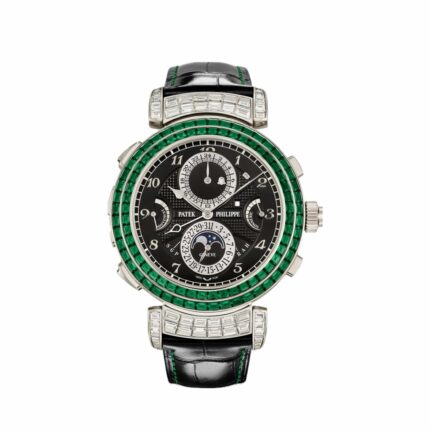Description
Watermelon seeds are a fascinating aspect of one of summer’s most beloved fruits. Often dismissed and spit out during a casual picnic, these small, oval-shaped seeds actually hold a wealth of nutritional benefits and culinary potential. Rich in healthy fats, protein, and essential minerals like magnesium and zinc, watermelon seeds can be a nutritious addition to one’s diet when properly prepared. Roasting them can transform their flavor, providing a crunchy snack that is both satisfying and wholesome. In various cultures, they are enjoyed as a delicacy, seasoned with spices, or incorporated into salads and trail mixes.
Beyond their nutritional value, watermelon seeds also play a significant role in agriculture and sustainability. The seeds are a vital part of the plant’s life cycle, allowing for the propagation of new watermelon plants. In recent years, increased interest in sustainable farming practices has led to a resurgence in the cultivation of heirloom watermelon varieties, each with distinctive seeds. Additionally, the seeds can serve as a source of oil, which is used in cooking and cosmetics, showcasing their versatility beyond just being a byproduct of fruit consumption.
Interestingly, watermelon seeds have also found their place in traditional medicine and folklore. Across various cultures, they are believed to possess healing properties and are used in remedies for ailments ranging from digestive issues to skin conditions. This historical reverence highlights the importance of not overlooking what may seem like a commonplace item; instead, it reminds us of the potential hidden within nature’s offerings. In a world increasingly focused on health and sustainability, watermelon seeds are a reminder that every part of a fruit can contribute to our well-being, encouraging us to think creatively about how we use and appreciate the whole fruit.

